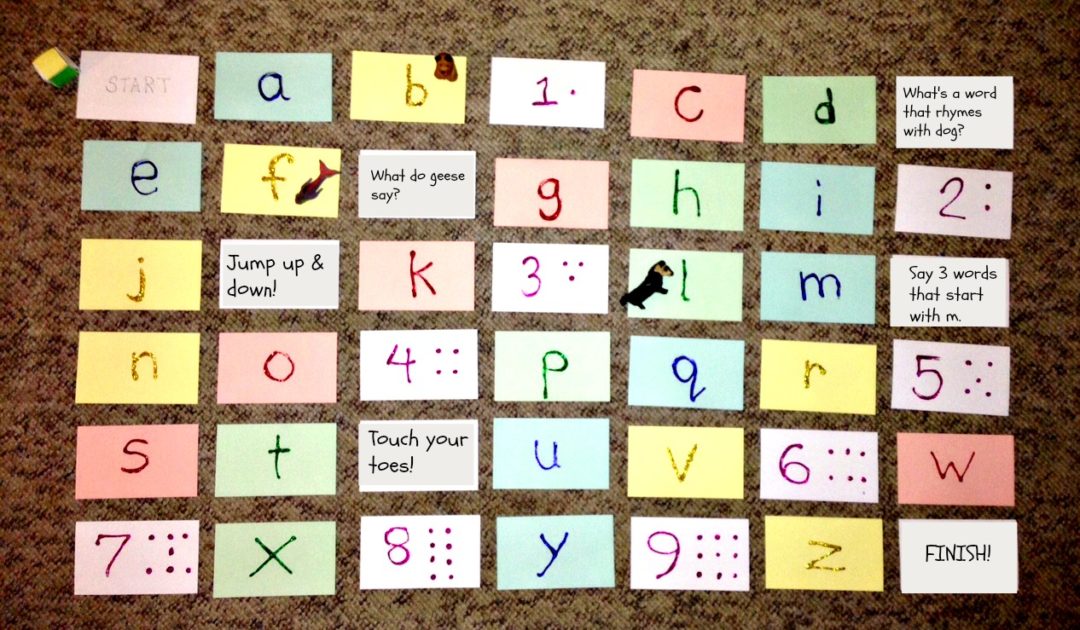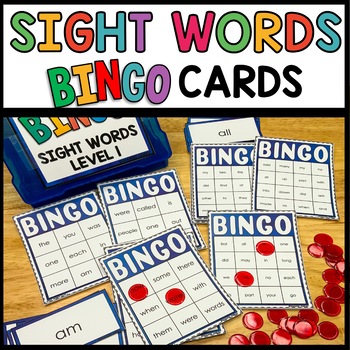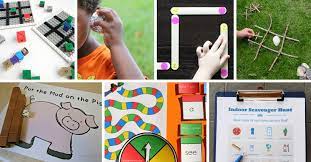Combine fun and learning by creating DIY educational games that engage your child’s curiosity and foster skill development. Homemade learning games offer a creative way to reinforce concepts, enhance cognitive abilities, and promote hands-on exploration. In this post, we’ll provide you with step-by-step instructions for crafting interactive games that will inspire your child’s love for learning.
 Alphabet Memory Match
Alphabet Memory Match
Create a memory match game using alphabet cards. Draw or print out two sets of cards with uppercase and lowercase letters. Place them face down and challenge your child to find matching pairs while practicing letter recognition.
 Sight Word Bingo
Sight Word Bingo
Design bingo cards with sight words your child is learning. Call out the words, and have your child mark the corresponding words on their card. This game helps reinforce sight word recognition.
Math Dice Game
Roll dice and challenge your child to perform math operations with the numbers rolled. For instance, if they roll a 4 and a 2, they can add, subtract, multiply, or divide the numbers to reach a target number.
Spelling Scavenger Hunt
Hide spelling words around the house and create clues that lead your child to each word. Once they find a word, they can practice spelling it aloud.
Science Experiment Board Game
Design a board game centered around a science theme. Include trivia questions, challenges, and experiments that relate to the topic, making learning an exciting adventure.
Story Cubes
Decorate wooden blocks with pictures representing different elements like characters, settings, and objects. Roll the cubes and use the images to create imaginative and spontaneous stories.
Geography Treasure Hunt
Hide clues around the house that lead to various continents or countries. As your child solves each clue, they’ll learn about different places and cultures.
Pattern Matching Puzzles
Using colored craft sticks or pattern cards, encourage your child to replicate patterns. This activity sharpens visual perception and critical thinking skills.
Math Board Game
Create a board game where players solve math problems to progress. Make it competitive and engaging, encouraging your child to practice math concepts.
Art and Vocabulary Game
Choose a vocabulary word and challenge your child to illustrate it through art. This activity expands their vocabulary and sparks creativity.
With DIY learning games, you can turn ordinary moments into valuable learning opportunities. These interactive games not only keep children engaged but also empower them to explore, discover, and develop essential skills in a fun and enjoyable way.

